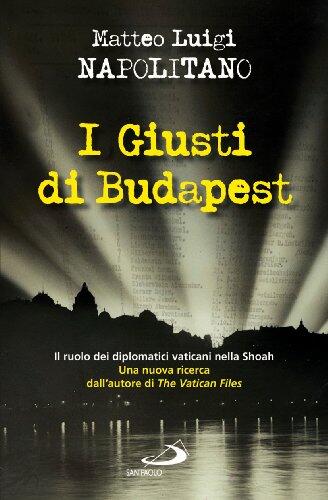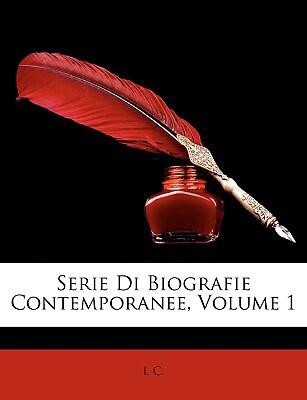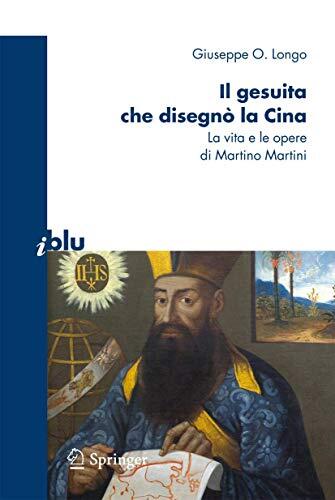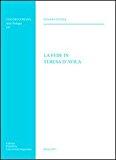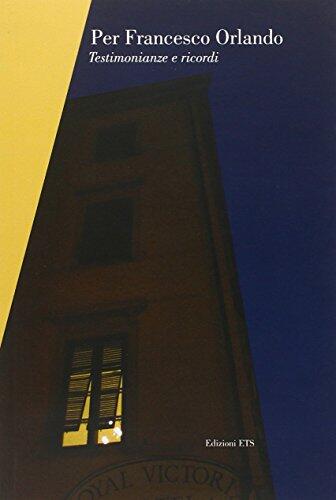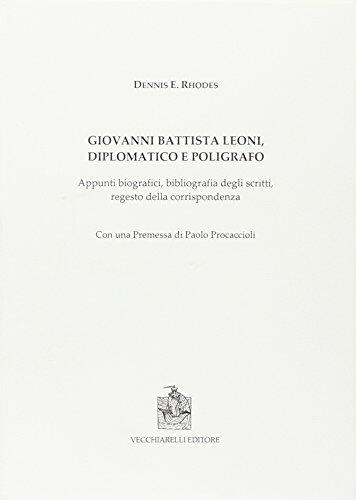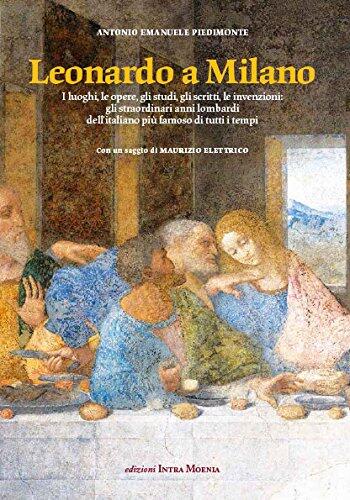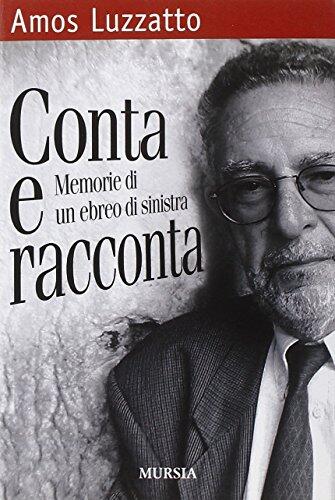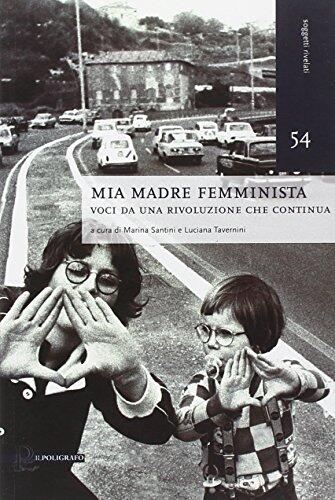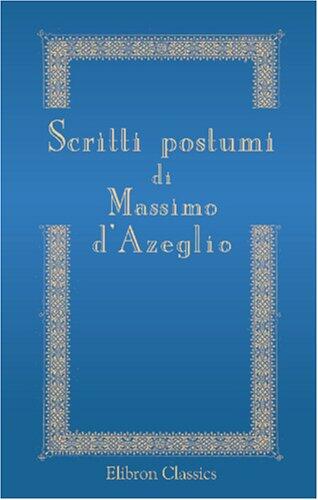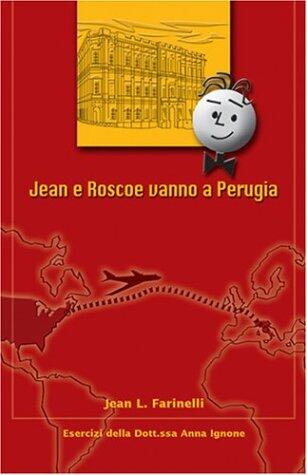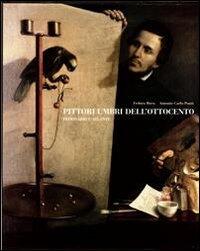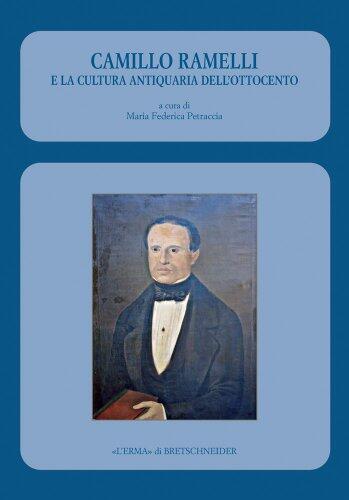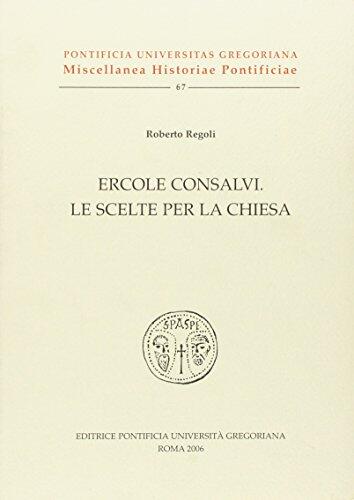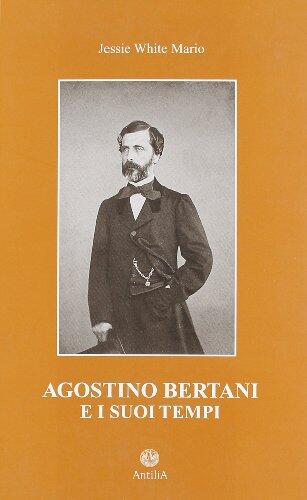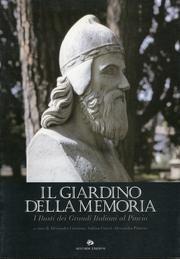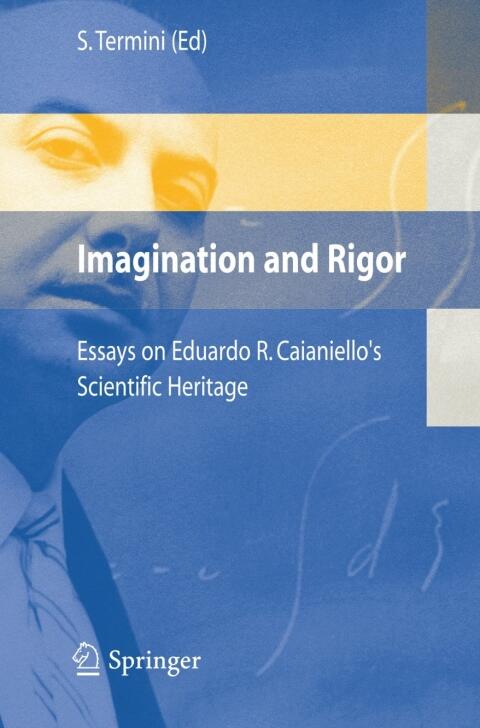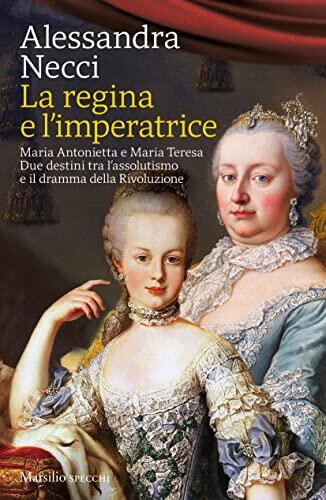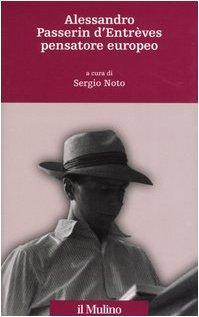
Alessandro Passerin D'entrèves Pensatore Europeo
작성자
Sergio Noto
아직 평점이 없습니다
Biography
형식
페이퍼백
페이지
433
언어
이탈리아어
출판됨
Jan 1, 2004
출판사
Il Mulino
ISBN-10
8815096159
ISBN-13
9788815096159
설명
S. Noto presents a profound exploration of the intellectual journey of Alessandro Passerin D'entrèves, a figure of considerable significance in European thought. This work delves into D'entrèves's contributions to philosophy and political theory, tracing his influences and the broader context of his ideas. The reader is invited to engage with the nuances of D'entrèves's perspectives, offering insights into his understanding of freedom, ethics, and societal structures.
The author meticulously compiles a comprehensive bibliography of D'entrèves's works, serving as a valuable resource for scholars and enthusiasts alike. With well-structured chapters, Noto not only highlights key texts but also contextualizes them within the intellectual landscape of their time. This detailed examination showcases how D'entrèves navigated the complexities of 20th-century thought.
As the narrative unfolds, readers gain a deeper appreciation for D'entrèves's enduring legacy. His ability to bridge classical philosophical traditions with modernity is a central theme that resonates throughout the chapters. The work stands as a testament to D'entrèves's role in shaping contemporary European philosophy.
Through thoughtful analysis and curated references, this exploration enriches the understanding of a pivotal thinker whose ideas continue to influence debates in philosophy today. Whether approached as a scholarly study or as a personal journey into European intellectual history, Noto's work illuminates the intricate tapestry of thought that D'entrèves wove throughout his life.
The author meticulously compiles a comprehensive bibliography of D'entrèves's works, serving as a valuable resource for scholars and enthusiasts alike. With well-structured chapters, Noto not only highlights key texts but also contextualizes them within the intellectual landscape of their time. This detailed examination showcases how D'entrèves navigated the complexities of 20th-century thought.
As the narrative unfolds, readers gain a deeper appreciation for D'entrèves's enduring legacy. His ability to bridge classical philosophical traditions with modernity is a central theme that resonates throughout the chapters. The work stands as a testament to D'entrèves's role in shaping contemporary European philosophy.
Through thoughtful analysis and curated references, this exploration enriches the understanding of a pivotal thinker whose ideas continue to influence debates in philosophy today. Whether approached as a scholarly study or as a personal journey into European intellectual history, Noto's work illuminates the intricate tapestry of thought that D'entrèves wove throughout his life.
